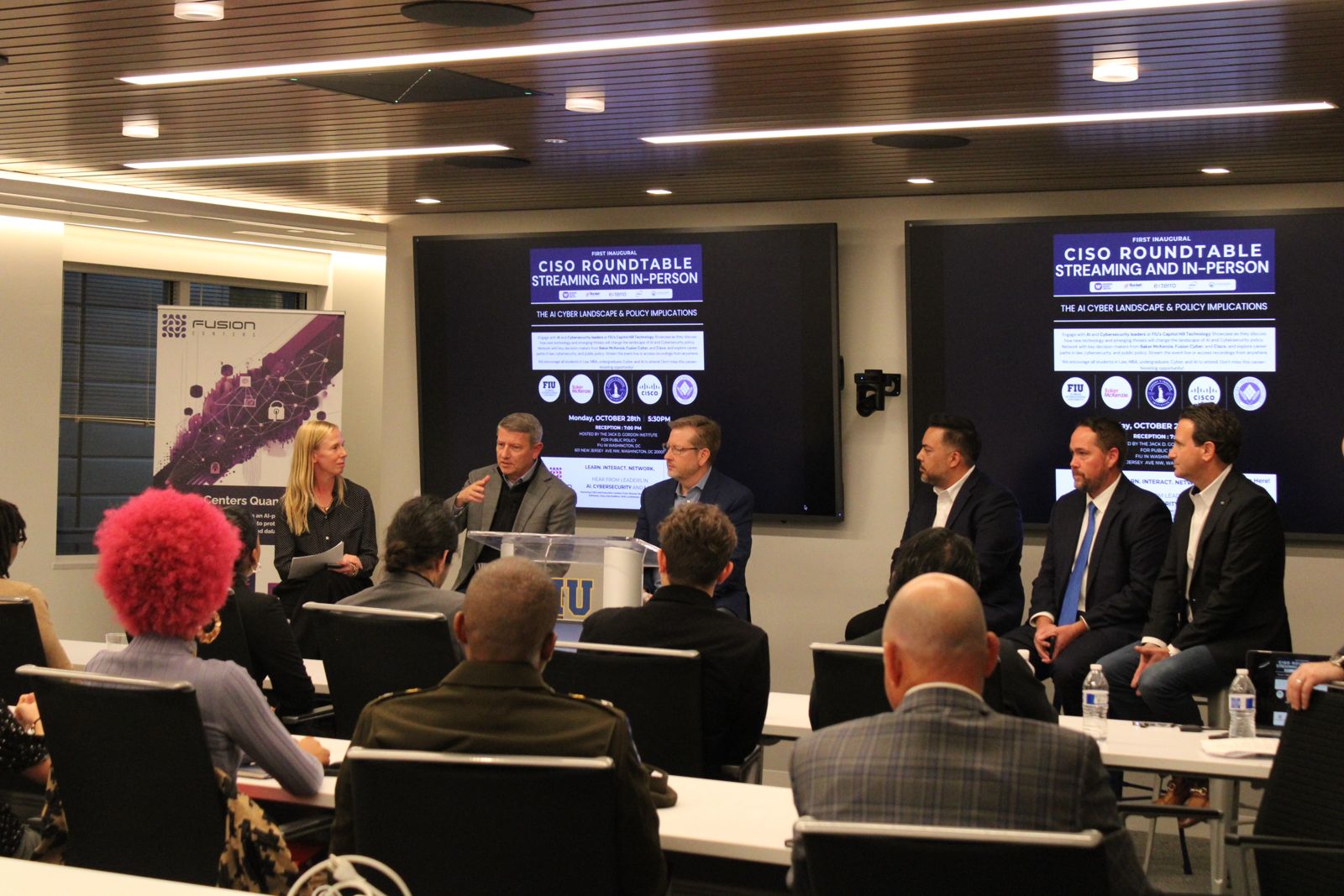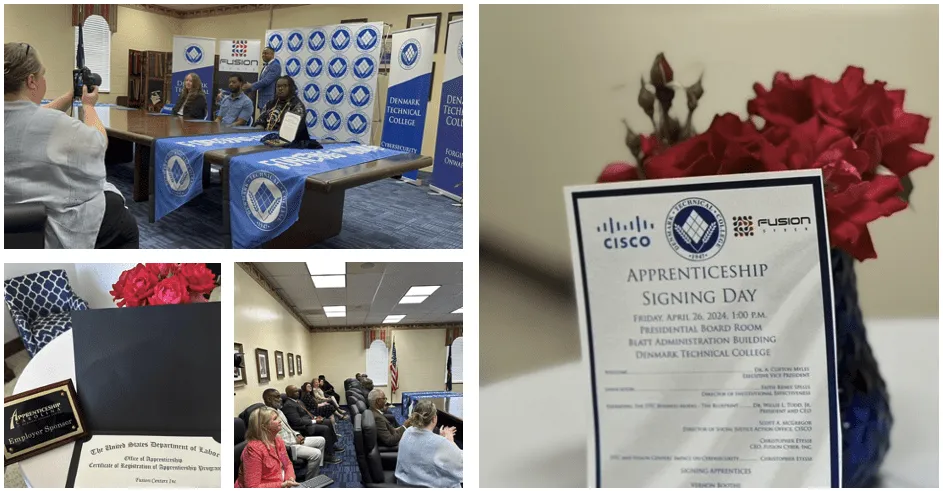Skills-Based Hiring: The Key to Unlocking America's Cybersecurity Workforce
The White House recently hosted a groundbreaking convening focused on addressing the critical cybersecurity workforce shortage. With over 500,000 open cybersecurity positions nationwide, the need for innovative solutions is undeniable. The key takeaway? Skills-based hiring.
This press release from April 29th, 2024, highlights the Biden-Harris Administration's commitment to this approach, along with significant buy-in from the private sector. Let's break down the key announcements:
Federal Government Leading the Charge:
- Skills-Based Hiring for Federal Employees: The administration is overhauling the federal hiring process, transitioning the entire 2210 job series (nearly 100,000 federal IT workers) to a skills-based model. This change will take effect next summer.
- Extending Skills-Based Hiring to Federal Contractors: The Department of Energy is leading the way, committing to skills-based hiring for IT and cybersecurity contractors. This sets a powerful precedent for other federal agencies.
- Investment in Apprenticeships: The administration has invested $440 million in registered apprenticeship programs, and a recent executive order further expands these opportunities within the federal government. A recent sprint resulted in over 7,000 individuals hired into paid apprenticeship roles.
Private Sector Commitment:
Numerous companies across diverse industries have pledged their support for skills-based hiring, including:
- ArcBest: Investing $1M in STEM education and exploring skills-based recruiting.
- Blue Valley Technologies: Committing to skills-based hiring and paid cyber job training.
- Cisco: Piloting an innovative cybersecurity curriculum with Wichita State University Tech.
- Fusion Cyber: Training 30 paid security operations center apprentices in 2024, with a goal of 10,000 by 2028.
- Eaton: Investing over $500,000 in cybersecurity education at RIT.
- Entergy: Committing to hiring over 100 interns annually.
- Glendale Community College: Maintaining a live security operations center with paid interns providing real-world experience.
- Merck & Co.: Removing four-year degree requirements from even more roles.
- Motorola Solutions: Investing in programs and partnerships to bolster a diverse cybersecurity workforce.
- Pearson VUE: Extending free access to cybersecurity training resources and certification exams.
- Per Scholas: Training 5,000 cyber learners over the next 5 years.
- Pineland Telephone: Engaging with middle and high school students to showcase cybersecurity careers.
- SANS: Enrolling over 800 students in fully-funded reskilling academies.
- Union Pacific Railroad: Providing experiential learning through rotational programs and recruiting 200 college interns.
- Verizon: Offering tuition-free technical and professional learning pathways through its Skill Forward Program.
Why Skills-Based Hiring Matters:
This shift away from solely relying on four-year degrees opens doors for a wider range of talent. Individuals who have gained skills through apprenticeships, bootcamps, or other training programs now have a fair chance to compete for these high-demand jobs. This is crucial for addressing the skills gap and building a more diverse and inclusive cybersecurity workforce.
The Path Forward:
The White House convening marks a significant step towards solving the cybersecurity workforce crisis. The commitment from both the federal government and the private sector demonstrates a shared understanding of the urgency and the power of skills-based hiring as a solution. The future of cybersecurity depends on it.





